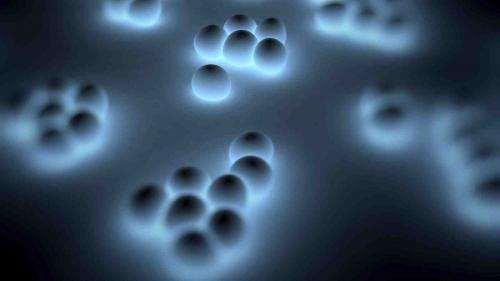Using synthetic biology to make new antibiotics

Research at Victoria University of Wellington could lead to a new generation of antibiotics, helping tackle the global issue of 'superbugs' that are resistant to modern medicine.
Led by Mark Calcott, who has just completed his PhD study, under the supervision of Dr David Ackerley, an associate professor in the School of Biological Science, the research is delivering new knowledge about how synthetic biology might be used to counter bacteria that have become resistant to existing antibiotics.
The recently published study defines new ways that microbes, which are used to make some commonly used types of antibiotics, can be reengineered to produce modified forms of the original molecules.
"Part of the problem is that people have historically been careless when using antibiotics, which has, one-by-one, allowed bacteria to build resistance, thrive and multiply. We're smarter now, but at a time when we're running out of options," says Dr Ackerley.
"There is a serious and immediate need for new antibiotics—either we have to develop the next generation or find clever and affordable ways of modifying the ones we currently have," he says.
"The basis of our research is the idea that the microbial machinery (enzymes) that makes a particular antibiotic can be rearranged, to make a different antibiotic that resistant bacteria won't recognise. The new antibiotics will still fight infection, and if we can use them in a more targeted way, bacteria won't become resistant so easily."
He says the ultimate goal of the study is to be able to produce high yields of new and affordable antibiotics that 'superbugs' don't recognise and are not resistant to.
Results have been published by the American Society for Microbiology journal Applied and Environmental Microbiology.
More information: Biosynthesis of novel pyoverdines by domain substitution in a non-ribosomal peptide synthetase of Pseudomonas aeruginosa. Mark J. Calcott, Jeremy G. Owen, Iain L. Lamont, and David F. Ackerley. Appl. Environ. Microbiol. AEM.01453-14; published ahead of print 11 July 2014, DOI: 10.1128/AEM.01453-14



















